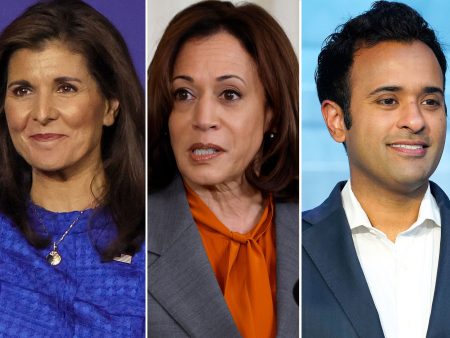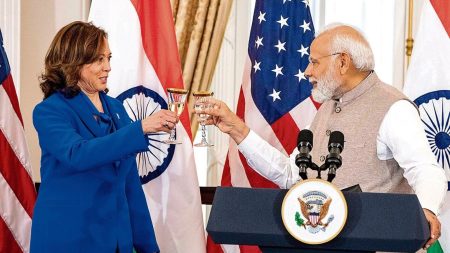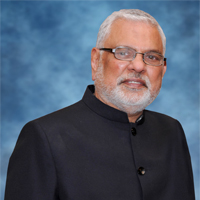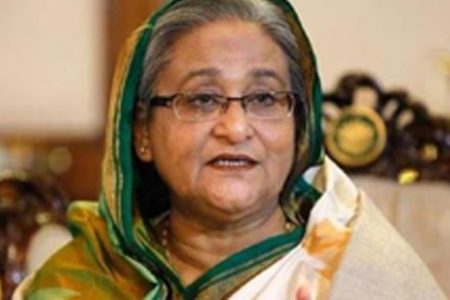As Prime Minister Narendra Modi prepares for a pivotal visit to Ukraine, the international community closely watches India’s diplomatic maneuvers. This journey, anticipated to occur around August 23, will be Modi’s first to Ukraine since the conflict with Russia erupted, spotlighting India’s unique position in the geopolitical landscape.
India’s long-standing friendly ties with both Russia and Ukraine position it as a potential mediator in the ongoing crisis. Modi’s visit underscores India’s commitment to resolving conflicts through dialogue and diplomacy, reflecting its policy of facilitating peaceful resolutions with the consent of all parties involved. His rapport with Russian President Vladimir Putin and the trust placed in India by both nations bolster Modi’s potential role as a peace broker.
However, this diplomatic effort is not without its complexities. Western sanctions on Russia following its 2022 invasion of Ukraine contrast sharply with the continued trade relations maintained by “friendly” countries like India and China. Modi’s recent visit to Moscow, during which he condemned a tragic Russian missile attack on a Kyiv hospital, drew sharp criticism from Ukrainian President Volodymyr Zelenskiy. Despite this, India has refrained from directly blaming Russia, instead advocating for a diplomatic resolution.
The United States, aiming to strengthen its strategic ties with India to counterbalance China’s growing influence, has expressed concerns over India’s relationship with Russia. As Modi’s visit approaches, New Delhi must carefully navigate these intricate relationships, balancing its eastern and western alliances.
Modi’s trip to Ukraine carries significant diplomatic weight, as India’s efforts to mediate in the Ukrainian crisis could shape the region’s future and affirm India’s role as a key player on the global stage.
Celebrating Indian Americans’ Political Ascension
The political landscape in the United States is on the cusp of a transformative shift, driven by the burgeoning influence of Indian Americans. The upcoming national election highlights this phenomenon, with key figures such as Kamala Harris and Usha Vance bringing Indian heritage to the forefront. Harris, endorsed by President Joe Biden, symbolizes the increasing political engagement and prominence of Indian Americans. Similarly, the presence of Nikki Haley and Vivek Ramaswamy in the Republican primary underscores this trend.
Indian Americans, despite constituting a mere 0.6% of the adult citizen population, have achieved remarkable representation in government. They occupy nearly twice their population percentage in the U.S. House of Representatives and hold 4.4% of senior government positions. The shared colonial history between India and the U.S. contributes to this success by imparting a robust understanding of democratic processes and English proficiency among Indian immigrants.
The Indian American population has grown exponentially from 400,000 in 1980 to 4.4 million in 2020, making it the largest single-origin Asian demographic in the country. High voter turnout and increasing representation in both local and national politics demonstrate their political influence. In Washington State, leaders like Pramila Jayapal, Manka Dhingra, and Vandana Slatter exemplify this rising political force.
As we look toward the future, the potential nomination of Kamala Harris could further galvanize Indian American voters and inspire more to seek political office. This burgeoning political power not only enriches American democracy but also highlights the vital contributions of Indian Americans to the nation’s political fabric.
Timeless Wisdom Ramcharitmanas at the UN
At the United Nations headquarters in New York, Morari Bapu, a revered Indian spiritual leader, will deliver a historic Ram Katha. This event, showcasing the timeless teachings of the Ramcharitmanas, highlights its universal messages of truth, love, and compassion. Morari Bapu’s mission is to promote global harmony, drawing from over sixty-five years of sharing Ram Kathas worldwide. This event aligns with the UN’s Sustainable Development Goals, addressing issues like mental health and environmental sustainability. Through the teachings of the Ramayana, Morari Bapu aims to foster unity, brotherhood, and a balanced, harmonious lifestyle on a global scale.
 Editor-in-Chief
Editor-in-Chief









